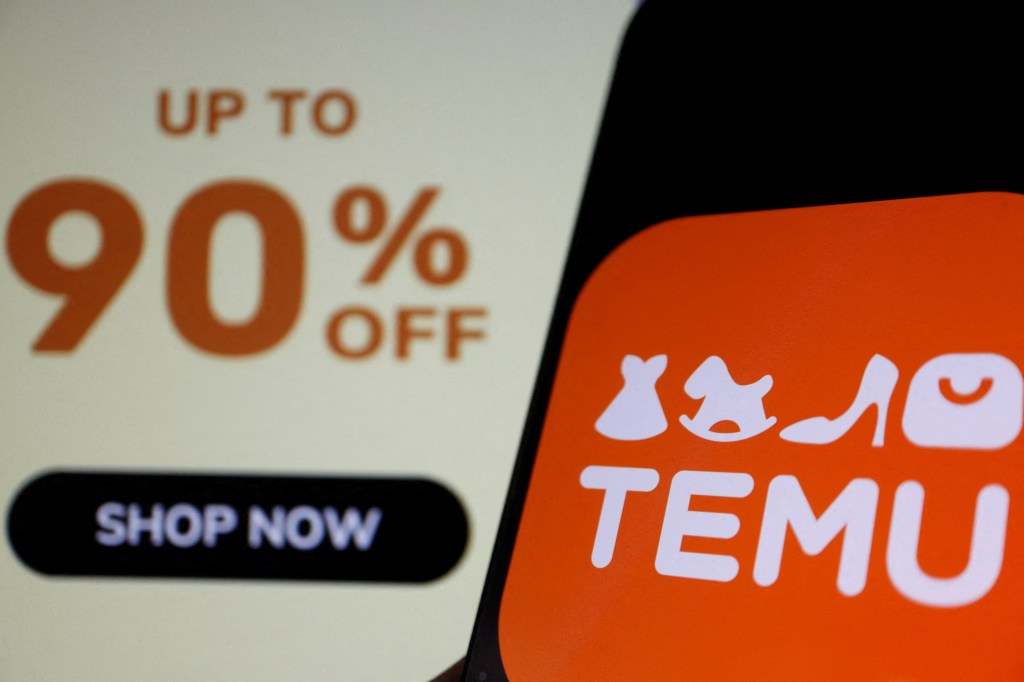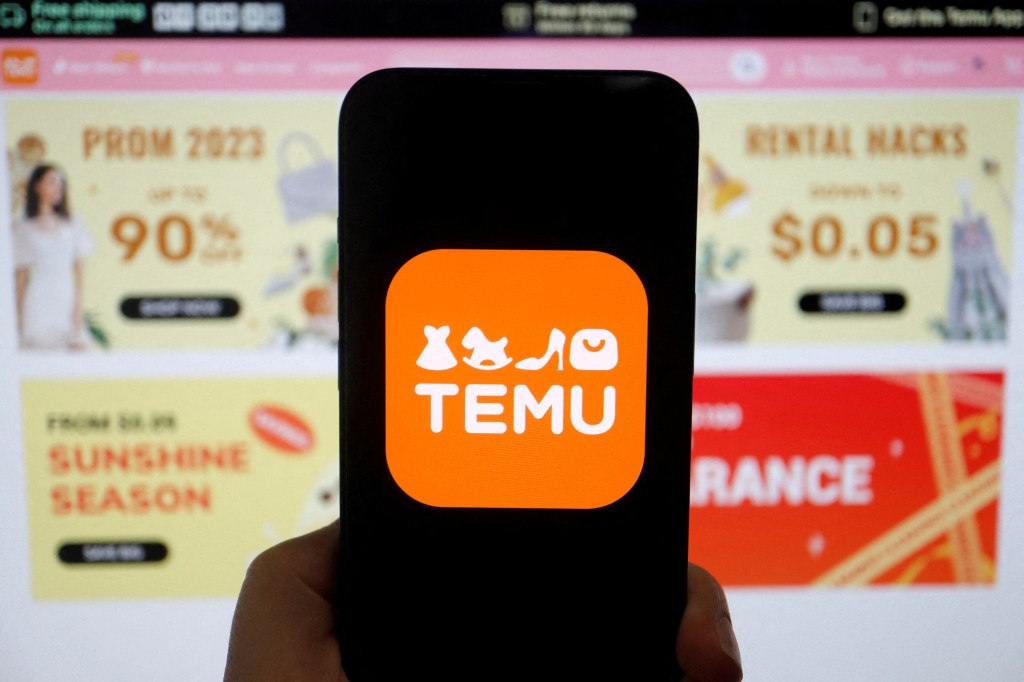Chinese suppliers protest hefty Temu fines, potential supply chain overhaul
Dozens of Chinese merchants protested an increasingly harsh fine policy from Temu by swarming its parent company’s offices in Guangzhou this week.
The frustrated suppliers claim the affordable online marketplace – which sells everything from $10 dresses and sneakers to $15 mattresses – has started slapping Chinese merchants with fines more often.
About 80 merchants entered the office on Monday before being cleared by police, according to a Tuesday report by Chinese media outlet Yi Magazine.
Temu is owned by $177 billion Chinese retailer PDD Holdings. PDD Holdings shares dipped about 3% on Tuesday.
Temu has begun to eye a massive overhaul of its business model.
The company, which rivals e-commerce giants like Amazon and Shein, has reportedly been looking to recruit Amazon merchants who have goods in US and European warehouses, according to the Financial Times.
The move toward Amazon merchants is likely an attempt to thwart impending import duties on cheap goods after it was reported in early June that the European Union was drawing up new import plans to check Temu and Shein.
The Amazon merchant supply pivot would cut down delivery times and allow Temu to sell bulkier, higher priced items, like furniture, according to the report.
The company is also looking to shoulder shipping and warehousing costs off to merchants – costs that the company previously covered. The business model switch is upsetting current Temu suppliers, according to the report.
“The way Temu is treating its suppliers feels unsustainable,” Hong, a leggings manufacturer in Guangzhou, told the Financial Times. “I feel like it cannot last that long.”
A Temu spokesperson told the Financial Times the company was “actively working with the merchants to find a solution.”
Temu launched in the US in September 2022. Its sales skyrocketed, due in part to massive ad spending — including a Super Bowl TV slot — and cost-cutting supply measures.
The PDD Holdings brand copied fast-fashion giant Shein’s business model by relying heavily on suppliers to ship cheap, lightweight goods from Chinese warehouses to customers in the west.
In addition to trying to push some of the financial burdens onto its suppliers, Temu has also hit merchants with lots of fines, for everything from faulty packaging to mismatched products that don’t reflect the online description, sources told the Financial Times.
“They take a fine from you if there is a customer complaint, even if it’s not your fault,” a seller told the Financial Times. “If there is a fault with one item in the batch, then they will fine you for the whole batch.”
Suppliers complained Temu pitted them against one another, forcing merchants to slash prices and deliver the company with the best deal, sources told the Financial Times.
Initially, Temu attracted suppliers by allowing them to send unsold goods to their Chinese warehouses. One merchant told The Financial Times this method attracted lots of sellers, even those with “no cross-border experience.”
One merchant said they received between 30,000 and 50,000 orders per day in Temu’s early days.
Now, the same merchant said they receive only 3,000 orders per day, since Temu has partnered with large masses of suppliers in order to push prices down.
Suppliers also reportedly complained that Temu’s sales are unpredictable. The cheapest, sale-price goods are often boosted on the website to draw customers in, but suppliers were not made aware of upcoming sales.
While many merchants told the Financial Times they were willing to work with Temu because of the company’s skyrocketing sales volumes, they said the company’s switch to placing more of the burden on sellers was a deterrent.
“We could take on all this cost and then find that our product doesn’t sell when it gets to the US,” one seller said.







